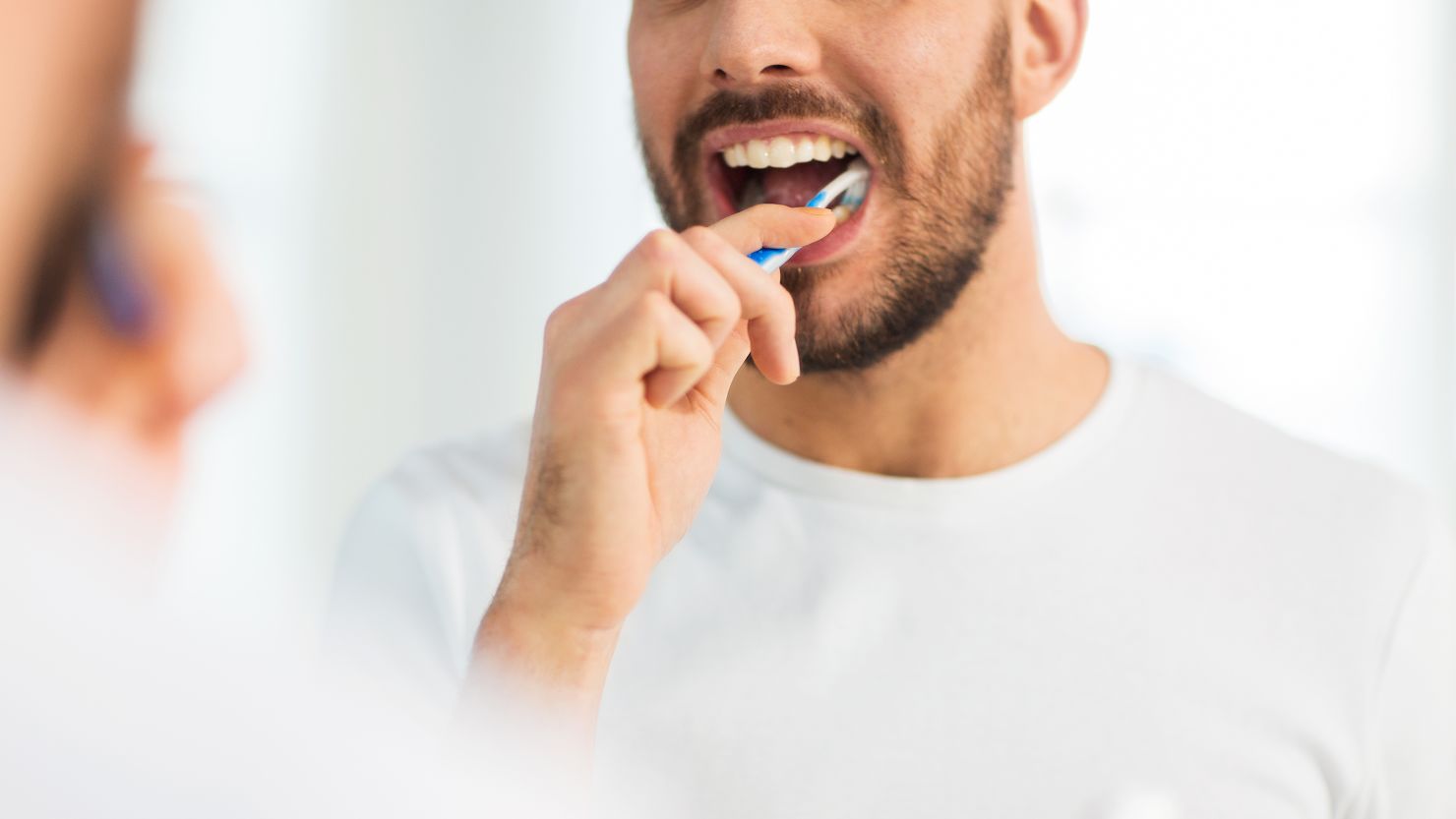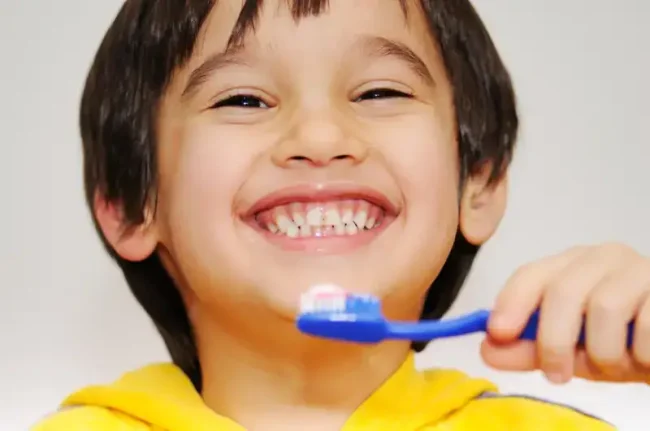
Why brushing teeth twice a day is not always best
Most of us think we know how to care for our teeth — a quick brush in the morning and at night, a rinse with water, and maybe a burst of minty mouthwash for freshness. But according to dental experts, even the most diligent brushes might be making small mistakes that undo their good work. Dr. Praveen Sharma, from the University of Birmingham’s School of Dentistry, says that around half of UK adults will experience gum disease at some point, and one of the first signs is bleeding gums. “If your gums are bleeding or swollen, it’s a sign you need to brush better,” he explains. Along with BBC’s What’s Up Docs podcast hosts Dr. Xand and Dr. Chris van Tulle-ken, Dr. Sharma highlights several common habits many of us get wrong — and how changing them can make a big difference to our oral health.

Brushing twice a day has long been considered a golden rule, but Dr. Sharma says the key is quality, not quantity. “If you can, brush properly twice a day,” he advises. “But it’s better to do it once a day well and once quickly for two minutes.” If you only have time for one thorough brushing session, make it in the evening, and don’t skip cleaning between your teeth. For those who dislike flossing, inter dental brushes can make the job easier and less uncomfortable. When brushing, focus on each tooth’s outer, biting, and inner surfaces using small circular motions and gentle pressure. Pay extra attention to the gum line, where gum disease often starts. Dr. Xand also suggests brushing mindfully — focusing on the sensation of the bristles rather than scrolling on your phone.
Another common mistake is brushing immediately after breakfast. While it might feel logical to clean your teeth right after eating, doing so can actually damage your enamel. Dr. Sharma recommends brushing before breakfast instead, as acidic foods and drinks like fruit juice or coffee can temporarily soften enamel, making it more vulnerable to wear. If you prefer to brush afterward, rinse your mouth with water and wait at least 30 minutes before picking up your toothbrush.

Build integrated freelance-based IT Entrepreneur.
Web: thecloudemy.com
Rinsing after brushing is another habit worth rethinking. According to Dr. Sharma, you should “spit but don’t rinse with water,” because rinsing washes away the fluoride left by toothpaste — the ingredient that helps protect your enamel long after you finish brushing. If you do want to rinse, it’s better to use a fluoride mouthwash instead of plain water.
Finally, don’t be tempted by expensive toothpaste claims. With so many whitening, charcoal, and enamel-strengthening products on the shelves, it’s easy to assume that pricier options are better. But Dr. Sharma says the most important thing is that your toothpaste contains fluoride, which helps protect against decay. “As long as your toothpaste has fluoride, it doesn’t make much difference,” he notes, adding that he usually buys whatever is cheapest or on offer. Your dentist may, however, recommend a specific type if you have sensitive teeth or gum issues.
Ultimately, good dental care isn’t about brushing more — it’s about brushing better. Paying attention to your technique, brushing at the right times, and using fluoride toothpaste can go a long way in keeping your smile healthy.
